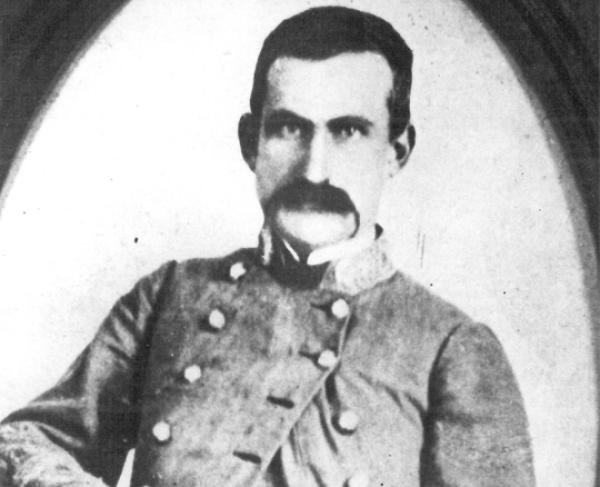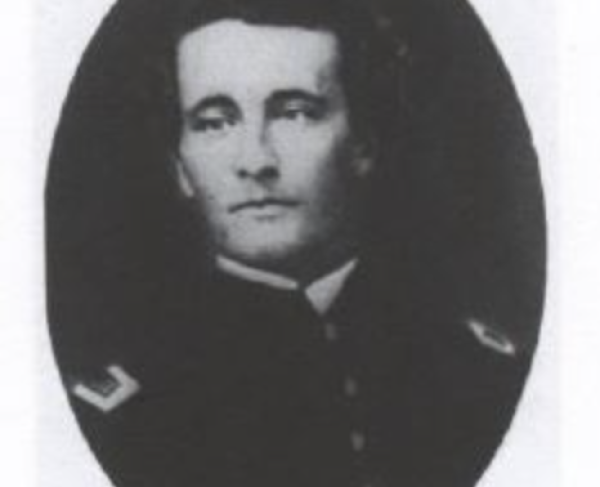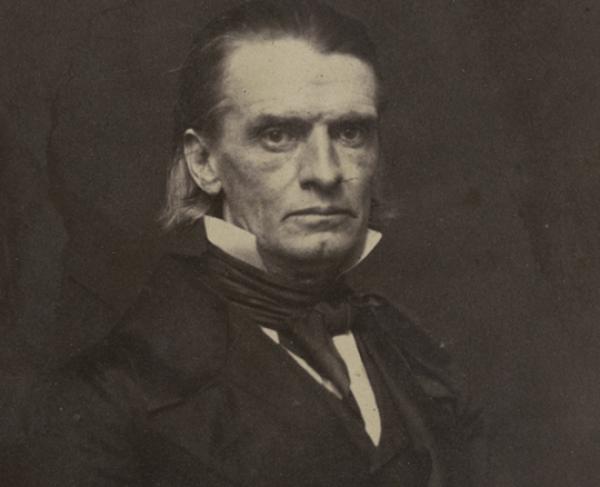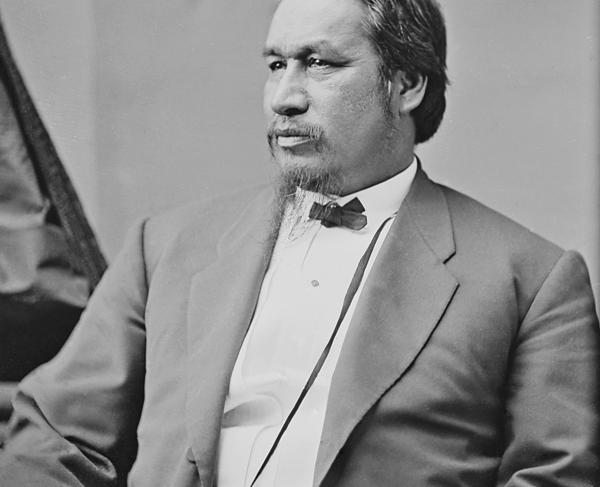John McCausland Jr.

John McCausland Jr. was born on September 13, 1836, in St. Louis, Missouri, to an Irish immigrant. When McCausland was left orphaned at the age of seven, he lived with his grandmother until her death. After the passing of his grandmother, McCausland lived with his aunt in current-day Mason County, West Virginia. As a young adult, McCausland attended the Virginia Military Institute and graduated with honors in 1857. McCausland furthered his education at the University of Virginia in Charlottesville, Virginia. After graduating from the University of Virginia, McCausland was hired as an assistant professor of mathematics at Virginia Military Institute until 1861.
McCausland’s military career began in 1859. In 1859, he and Thomas J. “Stonewall” Jackson commanded a group of cadets at John Brown’s execution at Charles Town, Virginia, (now West Virginia) to quell any uprisings in the area. After Virginia seceded from the Union, McCausland was placed in command of the 36th Virginia Infantry Regiment and was commissioned as a colonel in the Confederate Army. McCausland and the 36th Virginia fought at the Battle of Fort Donelson. Into 1862 and 1863, McCausland earned the nickname, “Tiger John” (although the first use of this nickname came after the war). In 1864, McCausland was promoted to Brigadier General on May 18, 1864. He served under Lt. Gen. Jubal A. Early in the Valley Campaign of 1864. Early ordered McCausland to burn down the town of Chambersburg, Pennsylvania, on July 30, 1864, after the town failed to pay a ransom of $100,000in gold ($1,658,522 in today’s money) in retaliation for the Union burning private property in the Shenandoah Valley during the Valley Campaign of 1864. After leaving a trail of various items dropped from the looting of Chambersburg, the Union army pursued McCausland and routed them at the Battle of Moorefield on August 7, 1864.
After the Valley Campaign, McCausland fought in the Army of Northern Virginia at the Siege of Petersburg, Battle of Five Forks, and the Appomattox Campaign. McCausland escaped Union forces at Appomattox Court House and withdrew to Lynchburg and disbanded his unit. He was paroled in Charleston, West Virginia, on May 22, 1865.
After the Civil War, McCausland traveled to Europe and Mexico for two years before returning to the United States. Upon his arrival to the United States, he was arrested and faced arson charges for the crimes he committed at Chambersburg. However, then-President Ulysses S. Grant pardoned McCausland. After his pardon, McCausland received an inheritance from his father and purchased land in Mason County, West Virginia. He married Emmett Charlotte Hannah on October 3, 1878, and had four children. On January 22, 1927, John McCausland passed away on his farm near Point Pleasant, West Virginia. He was the last Confederate general to die. His farm was purchased by the state of West Virginia and repurposed into a living history museum. John McCausland is buried in the Smith family cemetery in Henderson, West Virginia.
Related Battles
8,150
3,236
830
2,950
152
500


